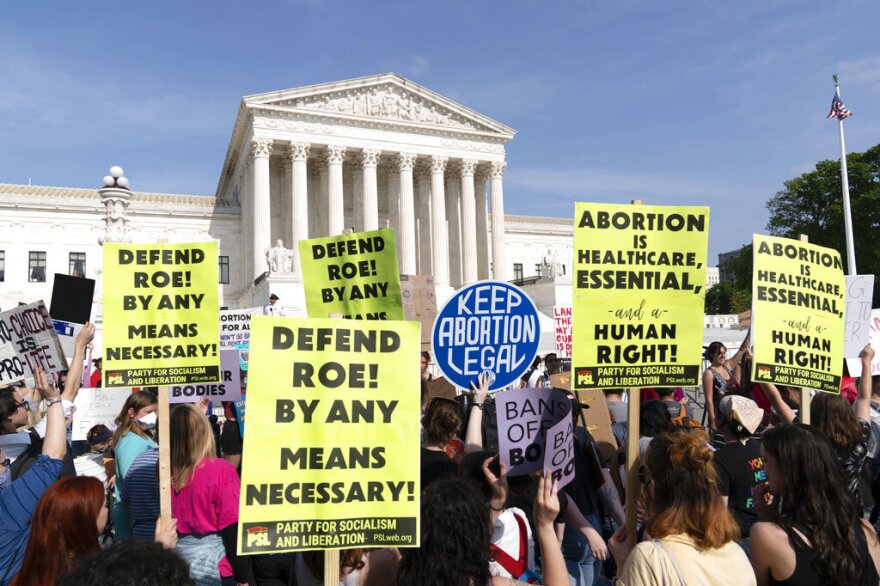International rights groups warned the U.S. Supreme Court last year that possibly overturning the landmark Roe v. Wade case that made abortions legal in 1973 would put it behind the curve of other countries that have been expanding access to abortion care.
Human Rights Watch says there is an international trend toward expanding abortion access.
Argentina legalized abortion in 2020, while Mexico decriminalized the procedure in 2021.
Statistics also show that in Ecuador, El Salvador, South Africa and Romania, the more restrictive abortion legislation is, the higher incidences of women dying or contracting diseases after giving birth are, according to a September 2021 brief submitted to the U.S. Supreme Court.
The brief was submitted by Human Rights Watch in partnership with Amnesty International and the Global Justice Center.
"Consistent with this trend, countries around the world today recognize the health and social risks of restricting abortion and, by extension, the corresponding benefits to expanding abortion access," the groups wrote.
The organizations say that 60% of women of reproductive age live in countries where abortion is available.
"Only 26 countries, representing 5% of women of reproductive age, ban or prohibit abortion altogether," the brief said.
The brief also argues that among the 36 countries the United Nations classifies as "economically developed" -- including the U.S. — 34 of them make abortions accessible.
Furthermore, the organizations say, the U.S. has signed several international treaties, such as the Convention on the Elimination of All Forms of Discrimination Against Women; the International Covenant on Economic, Social and Cultural Rights; and the U.N.'s International Covenant on Civil and Political Rights.
Included in these treaties are the right to non-discrimination; the right to be free from torture and other cruel, inhumane, or degrading treatment or punishment; the right to privacy; and the right to life, the brief says.
The human rights organizations argue that by restricting access to abortions, women will seek out unsafe and unsanitary procedures and be more susceptible to death or disease, therefore jeopardizing their right to life.
"Countries that have ratified a treaty are, therefore, 'legally obligated to uphold the principles embodied in that treaty,'" the memo says.
International committees, such as the U.N. Human Rights Committee, enforce treaties.
The U.N. has said its International Covenant on Civil and Political Rights "should not introduce new barriers" to abortion and "should remove existing barriers that deny effective access by women and girls to safe and legal abortion."
Copyright 2022 NPR. To see more, visit https://www.npr.org.


